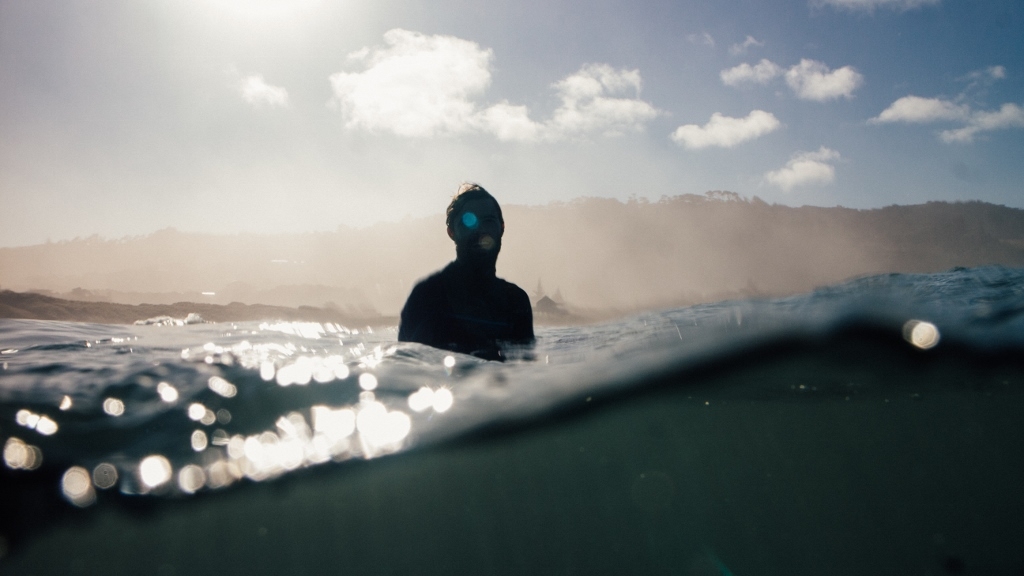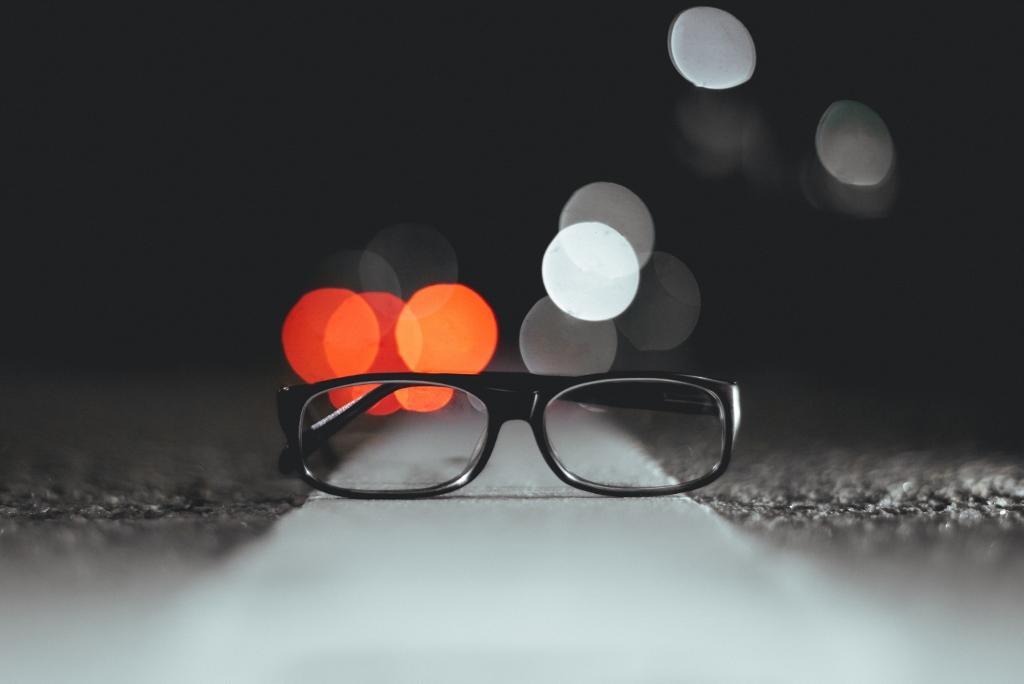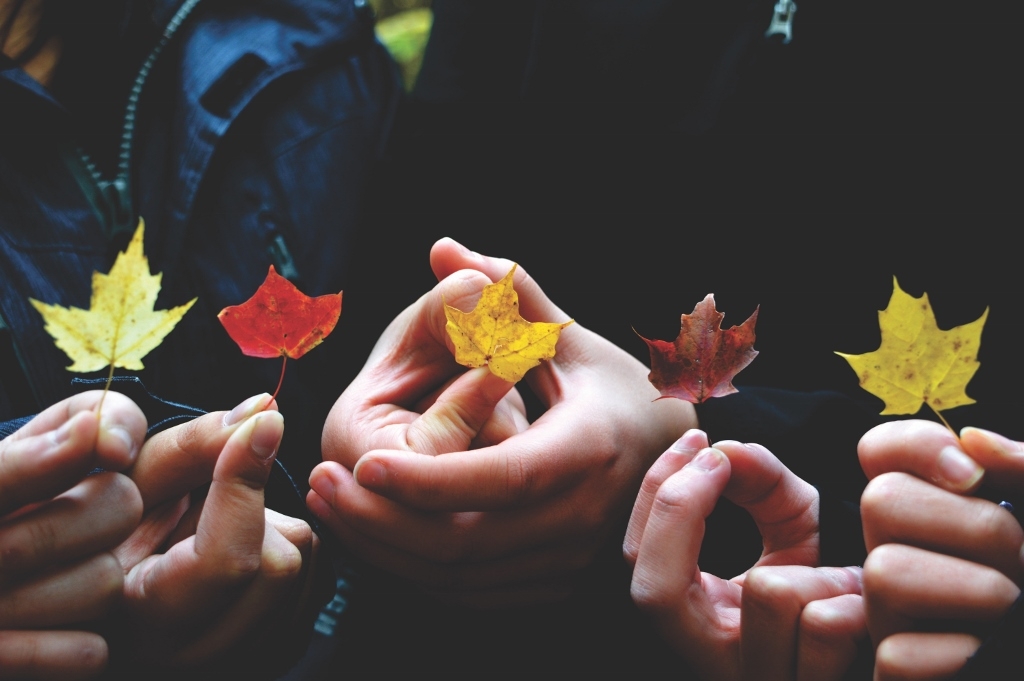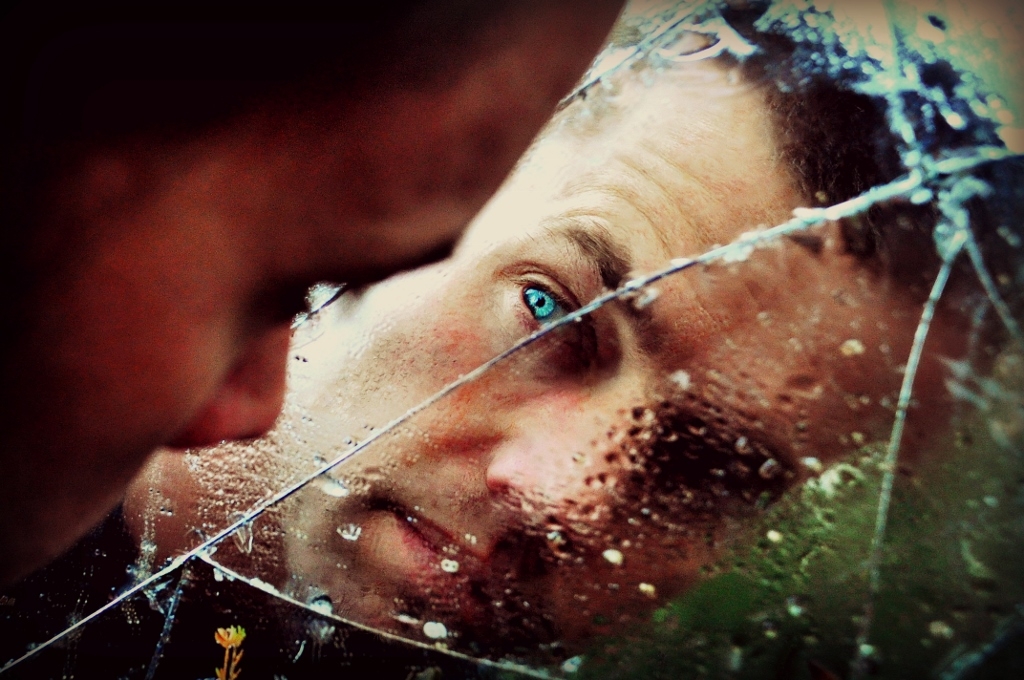
The Other Side of Reason – Sunsets and Sunrises
Involved in a bus accident that took the lives of six people, David Gibson has been battling through PTSD
for over three years. In an effort to better understand himself and to communicate with others, he turned to writing.
His first book was The Other Side of Reason: A Journal on PTSD, available now via petrabooks.ca.
This column continues that text.
[Sunsets and sunrises]
Forever, we floated on the water’s surface unafraid of where the world might take us.
For a while we forgot our time…. I can feel the wind coming in off the lake.
Not a whispering wind. Not the gentle breeze that comes with day break.
My hair is damp with the secrets the waves just couldn’t stand to keep a moment longer.
All the things they wish they hadn’t seen, and all the hope they wish they knew how to give.
These blue eyes hold so much pain. So much darkness.
I finally see this and it tears at my soul. And I’m trying to reach you as fast as I can.
Can’t you see me in the mist? Of course you can’t. But you can feel me.
And I’m hoping that’s enough. To give me a chance.
To get into the light. And grab hold of your hand.
When something bad happens, from an argument with a loved one to a flat tire or an unfavorable review at work or school, many of us want to reach out and tell someone we love. We look to them for confirmation of our perspective and occasionally for help in problem-solving. We particularly like it when that person tells us this was a crummy event and we’re not to blame for its occurrence.
But after traumatic events, such as physical or sexual assault, natural disasters, domestic violence, terrorist attacks, or accidents, that threaten to rob us of our dignity and spirit, people typically don’t tell others. In fact, many trauma survivors either never speak to anyone about what happened to them or wait a very long time to do so. The reasons for this are multi-fold and likely include guilt, shame, perceived stigma, past negative disclosure experiences and fears of being blamed or told that the event was somehow not as bad as they thought it was.
For some, talking about their trauma is an initial step toward healing. But for others, sharing an experience and then having the response not validated can harm recovery. It can shut them down and lock the psychological vault, if not for forever, then at least for a long time.
It’s a universal truth that our real work begins when we must find hope where there seems to be none at all.
In my world I exist on the edge of what is tolerable. Each one of my journal entries (like Sunsets and sunrises) represent a solitary human voice of expression. And then when I published these journal entries into a book, this solitary voice that I knew for three years suddenly and unexpectantly came together – bringing them – into a public tapestry of voices. And it’s this tapestry that is part of not just my history but now many other’s history.
For me, the idea of common humanity is linked inextricably to witnessing other people’s pain and suffering. And it is unwitnessed human tragedy that I think of when trying to understand why this idea – common humanity – feels particularly, acutely fragile in today’s world. It is what Primo Levi described all those years ago. “The ever-repeated scene of the unlistened-to story.”
This is the bit I know. What I don’t know, what I believe is becoming harder to know, is what witnessing is.
I do know, I think, what it is not.
It is not taking someone’s pain and putting it in a box with your name or some organization’s name on it and calling this box a book, or a report, or a recommendation, a commission, a tweet, a diagnosis, facebook post, film script or public awareness campaign. It is not an act of taking, re-packaging, sanitizing or even re-framing.
Primo Levi talked about the story being unlistened-to. But pain doesn’t fall out of most people in the form of a story; more often that kind of personal and shared history comes to us as, in the words of Eva Hoffman, “speech broken under the pressure of pain”. It comes to us as a certain kind of silence. Or as words, but words seemingly about something else. As a glimpse of a human body – the mangled vehicle? The terrorist attack? The faraway conflict? The flood of refugees? – Twisting, contorting under the burden of suffering and silence. Images captured on media, but images nonetheless – far enough away from us to not feel real or up close and personal.
All these glimpses we encounter into every day tragedies will continue unabated, but I wonder at what price we may be paying for believing that’s pretty much all there is to witnessing. Or perhaps it’s never “we” who pay the price. It’s always ‘those” people who bear witness to their pain into what might end up feeling like a black hole.
Another black box with an empty centre.
Is our witnessing, only being there and being present? Saying it happened, it was wrong, that we are trying to understand and as a society we’re doing things to make it better?
Or, can our witnessing be much more?
Society can give out that message, but it's not that straightforward with trauma and ptsd
Perhaps we don't talk about it much because we feel “they” should have got over it, and “they” don't like to burden other people with painful and horrible truths.
Are we prepared to release our assumptions, fears, discomfort, intolerances, and understand that we share a common humanity? Could this type witnessing eliminate the shame, fear, and guilt that many trauma and ptsd survivors experience?
It may be the darkness that clouds my mind but it’s the light that keeps me hopeful today. The fight now is to stay in that distant fading light; to not allow the darkness to drown me completely. It may seem desolately hazy but it’s the promise of a possible bright day that has me crawling through the muck of today.













